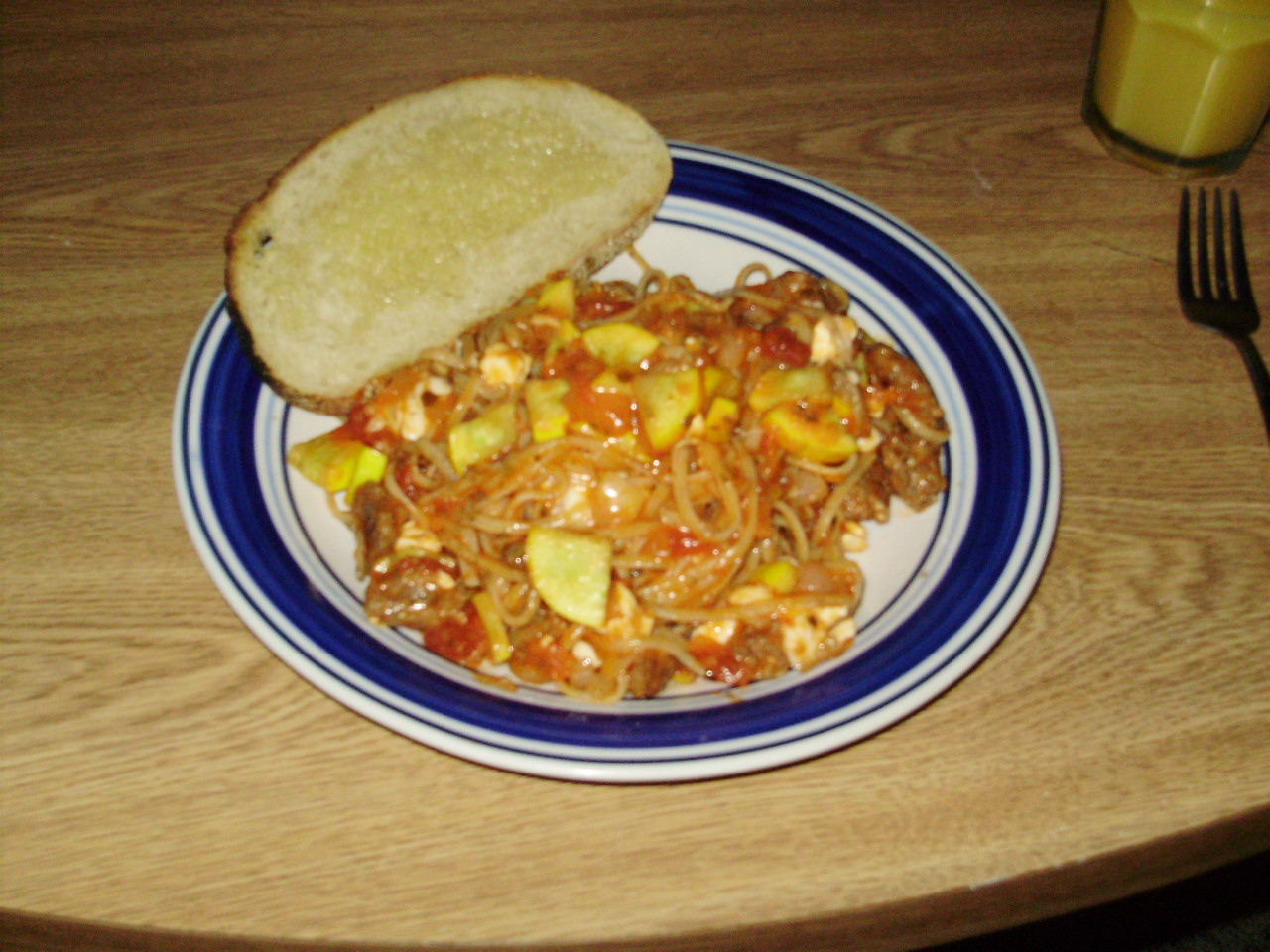While here at Los Alamos, I've been playing through assorted old console games on my laptop (yay emulators!) Recently, I've been working my way through Xenogears, which has held up to be as good as I remembered...and now I'm itching to plow through Xenosaga again, which is pretty up and down. Anyway, this review is not about video games, but about an anime series. All the giant robots, psychological stuff, and veiled (and not so veiled) religious references put me in the mood to watch some Neon Genesis Evangelion, which I have carried from computer to computer since I downloaded it way back in my undergraduate days.
I originally watched the series back in high school, and enjoyed them. I love stories with all sorts of conspiracies, wheels-within-wheels situations, and all the mythological/religous/existential references always serve to make things seem even more epic. One of the reasons I think I enjoyed it so much was that I (mostly) identified with the main character. I don't have the daddy/abandonment issues that Shinji has, but I definitely vibed with his general antisocial-ness and low-level fear of human contact. Watching it ten years later though, Shinji came off as way too emo for me...and since Shinji is the protagonist for the show, the (several) existential Shinji episodes weren't really doing it for me.
As far as other characters go, I'm still not sure how I feel about Asuka. The first time I watched it I HATED her - thought she was just real bitchy and mean in general. Watching them through again (mainly in Japanese w/ subtitles rather than dubbed), I realized that a lot of that stemmed from Asuka's english voice actress, whose voice was very nasal and had a strong undertone of contempt in pretty much every word. Don't get me wrong - Asuka is very bombastic and opinionated, and has a very aggressive personality...but I think the Japanese voice actress did a much better job with her general tone. Asuka can still be pretty selfish and mean-spirited (her most common saying is "What, are you stupid?", after all), but I felt much more sympathetic to her this time around. Also her last battle in End of Evangelion was one of the best action sequences in the entire series, only topped by the feral and terrifying battle between Zeruel and Unit 1.
The battles in the series were pretty amazing - I love the way that the Evas are rendered and, well, just MOVE in general. They manage to capture an almost feral, animal aura around them (clearly, this was intentional) which I think works really well in the giant robot fighting setting. The robots themselves aren't running around with shit tons of guns/missiles/etc (see, Transformers) - they mainly fight hand to hand and though they do use guns you feel much more like they are tools for their task rather than an integral part of the Evas. Whenever we see 'conventional' attacks by the military it always cracks me up, because you just see giant walls of missiles bullets etc raining on the enemy with no effect, which would feel more surprising if it weren't for the super-inaccurate world of robot cartoons that I've seen.
For some reason, the mystery in the show seemed a lot less epic than I remembered...I feel like I missed one of the background episodes somehow - especially in regards to all the stuff that happened in the past, Rei's history, and the ramp up to the Eva project (though I did watch the episode that covered this!). I finally did watch the full version of End of Evangelion and I gave the first half a big thumbs up...but found the ending no more satisfying than the anticlimactic ending to the TV show. I'm probably not going to watch it again anytime soon...though I'll probably feel the itch again the next time I roll through Xenogears (now that I've finished that, I'm all in the mood for Xenosaga again...)
